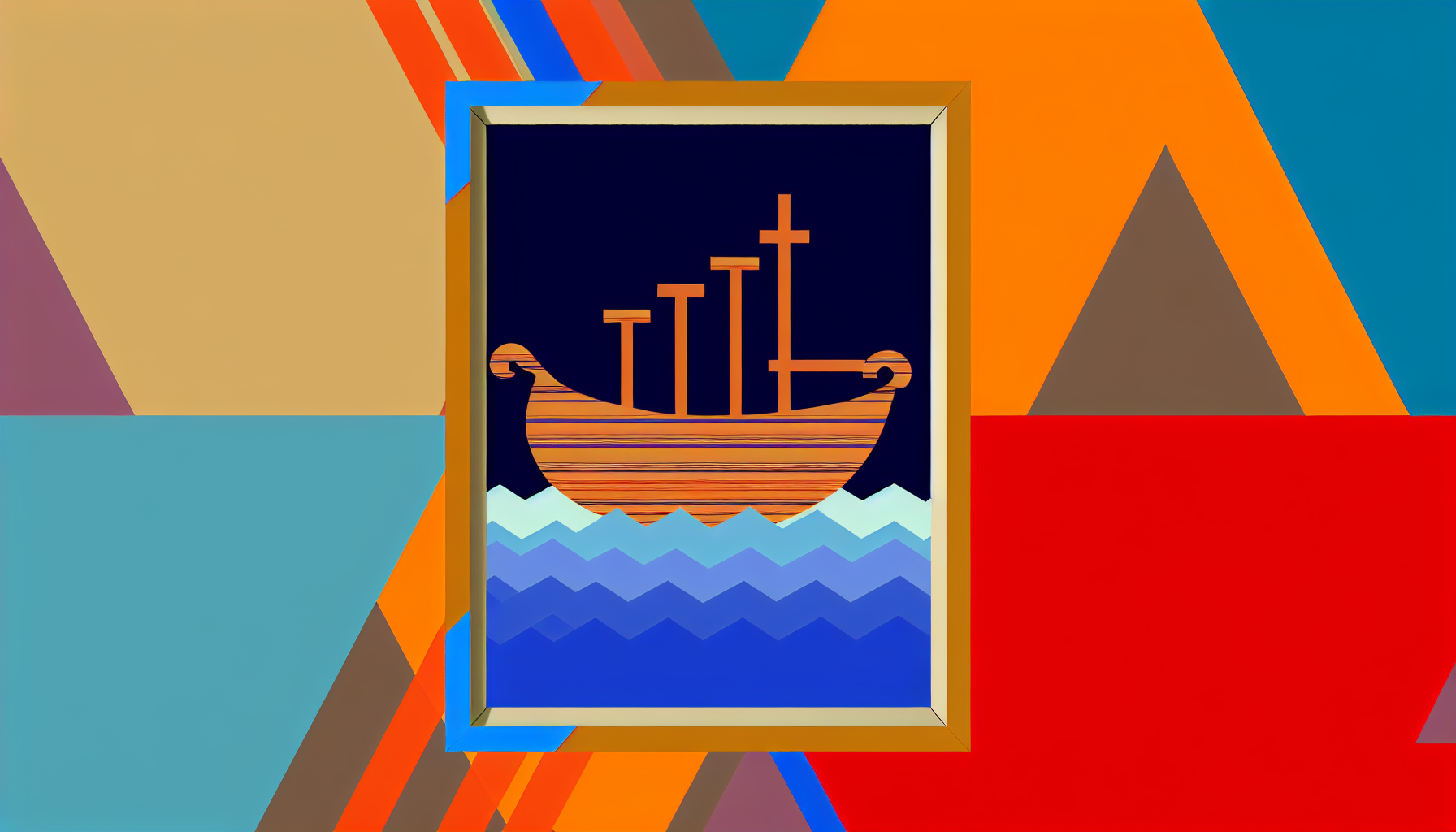In the realm of philosophy and artificial intelligence, few conundrums provoke as much thought as the Ship of Theseus paradox. For those not overly acquainted with ancient Greek philosophy—where people had plenty of time to ponder life’s big questions between marathon olive-eating sessions—let me explain this age-old dilemma. The Ship of Theseus raises the question: if a ship’s parts are replaced piece by piece, at what point does it stop being the “same” ship?
Now, splice this philosophical puzzle with the enigma that is artificial intelligence, and you have a subject worthy of debate over your morning coffee. Is AI, as it evolves and changes over time, subject to the same paradox? Let’s dive into this deep sea of thought and see if we can’t find a piece of driftwood to cling to.
The Surprisingly Human Evolution of AI
Artificial intelligence is built to learn, adapt, and improve itself—somewhat akin to that ever-optimistic New Year’s resolution. As we upgrade AI systems with new algorithms, incorporate additional data, and revise its functions, each stage of evolution seems to replace a ‘plank’ of the proverbial AI ship. With every update, you might ask: Is this still the same AI, or has it become something new?
Yet, the curious reality is that this incremental evolution makes AI eerily relatable to us humans. We, too, “learn new tricks,” change opinions, and grow over time, yet still retain some ineffable core identity—perhaps similar to our original blueprint, just with fewer rough edges and, potentially, more gray hair. So, if humans can accept an evolving identity, maybe AI deserves the same philosophical break.
Identity Crisis, or Crisis Averted?
While the Ship of Theseus keeps philosophers on their existential toes, the replacement of AI components raises practical questions in the tech world. Consider an AI developed for medical diagnostics. If it undergoes updates that enhance its accuracy, are there ethical implications when declaring it the “same” AI that was initially certified? Should these “upgraded models” undergo fresh rounds of rigorous testing, like an actor being re-cast in the same role but having to go through another audition?
The paradox poses a fundamental quandary in terms of trust. Can we maintain our trust in a form of AI that evolves and changes over time? We might as well ask if you trust your childhood friend, who used to eat crayons, to help you with your taxes now. They’ve grown, changed, and hopefully, so have their tastes.
Preserving the Core Essence
At the heart of the Ship of Theseus debate is a profound question about essence. What elements can change while still preserving the essence and continuity of identity? The nature of AI, not unlike us, is inherently dynamic. Its “essence” might be distilled through its foundational objectives—what it aims to achieve despite the permutations in its code.
Think of this: an AI’s core goal could be compared to a mission statement, much like how you might determine that your life’s unwavering mission is to enjoy extra guacamole at every opportunity. This mission remains untouched no matter how many ways AI transforms technically. For example, an AI assistant continues to enhance user productivity, even as it changes its components over time.
AI Maintenance: Philosophically and Practically Shipshape
One practical realm where the Ship of Theseus wins over philosophers—and possibly neoliberal economists—is maintenance. Engineers regularly update AI to keep things from getting too rusty (seasoning with WD-40 optional). This maintenance aligns with software practices known as Continuous Integration and Continuous Deployment. Here, various parts are constantly tested, replaced, or improved. Their goal is continuity of service and enhancement, not a disjoint identity crisis.
Yet underneath it all, the philosophy resurfaces: this conscious, ongoing renewal raises the tantalizing prospect of AI achieving a form of longevity that defies human limits. It hints at a future where our creations could outlast us—not to highlight our own mortality, but to suggest continuity of purpose beyond our temporality. Just be sure to delineate how many margaritas reflect your own “continuous deployment.”
AI, Ships, and the Final Word on Theseus
As we ponder the Ship of Theseus and AI, let’s admit, it’s a bit of human nature to overly obsess with labels and definitions. AI doesn’t ponder its identity crisis—at least, not until we program it to. Though we might attempt to nail down definitions of persistence and identity, perhaps it’s like trying to put a name-tag on a cloud. The real question rests in how AI serves human advancement and empowerment, despite the ebb and flow of its reconstituted planks.
So, while you mull over whether the broom with a replaced handle and brush is the “same” broom your household depends upon, remember this: maybe it’s less about the parts replaced and more about the fact that the floor is still getting swept—unless, of course, you live among utter chaos, much like my desk. In the end, whether you’re considering a ship, a friend, or an AI, perhaps continuity lies not just in the pieces we replace, but in the enduring purpose they collectively serve.

Leave a Reply